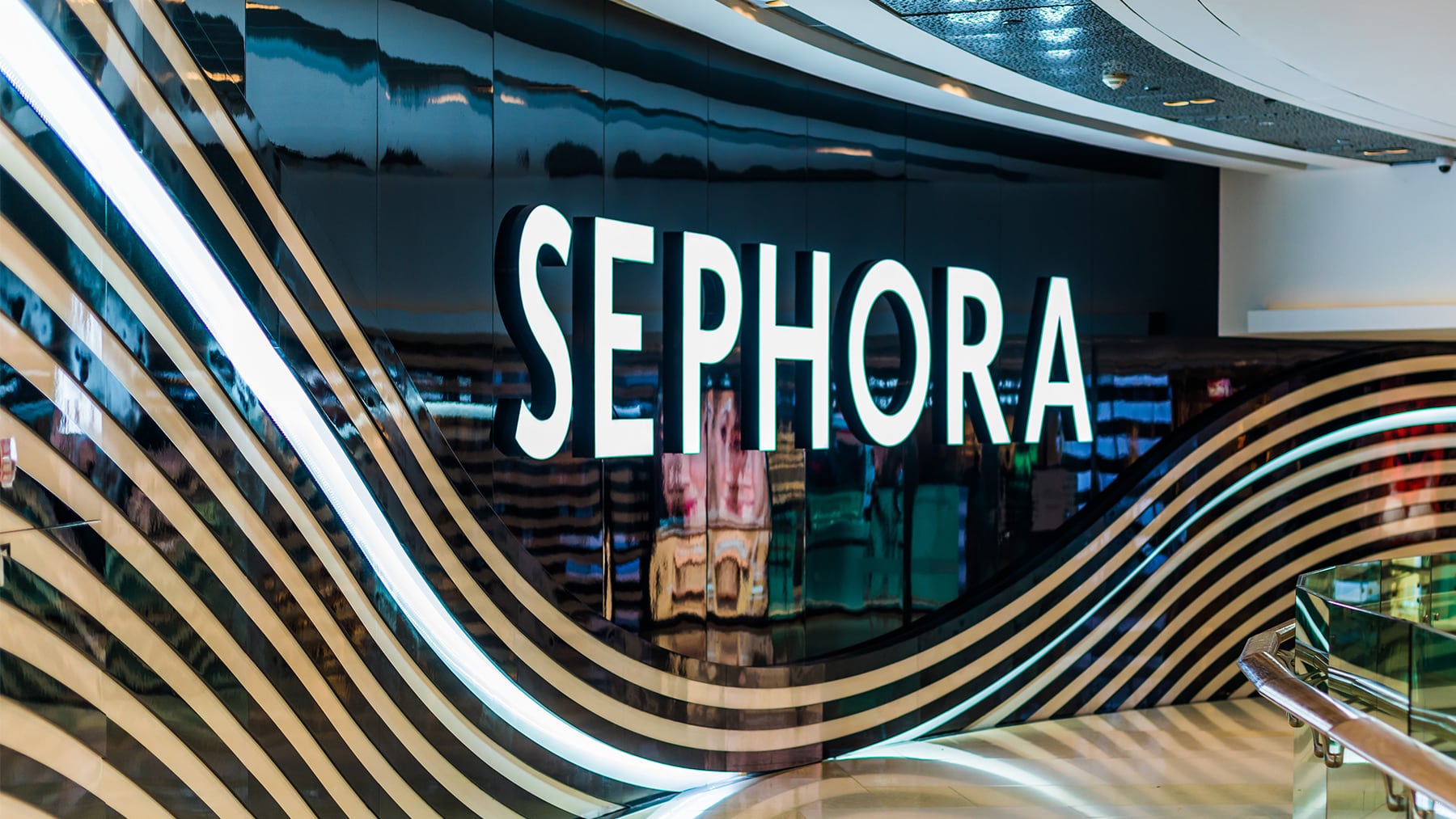
Cosmetics retailer Sephora is cutting hundreds of staff in China, according to people familiar with the matter, as one of LVMH’s biggest brands tries to turn around a loss-making operation in the world’s second-largest economy.
Sephora China has fired both office and store staff while persuading others to resign, with an estimated 10 percent of more than 4,000 employees in the country affected, said the people, who asked not to be identified for fear of retribution. Some senior executives, including the country leads for retail and e-commerce, have also left the company, one of the people said.
The shakeup comes after Sephora appointed former Nike Inc. Asia e-commerce chief Ding Xia as its new Greater China head in a bid to revive its fortunes in the mainland. The brand has been struggling to expand in China — a market executives at billionaire Bernard Arnault’s luxury empire consider key to eventually hitting a global sales target of €20 billion ($21.3 billion).
“In response to the challenging market environment and to ensure our future growth in China, Sephora China is currently streamlining our organisational structure in our head office to ensure we have the right capabilities for long-term sustainable growth,” a company spokesperson said.
Sephora’s operations in China are something of a beachhead for one of LVMH’s biggest brands, with the retailer otherwise retreating across the rest of the region, shuttering its Taiwan and South Korea operations over the past year. Yet the success the brand has in the US, Europe and the Middle East — which made it LVMH’s second-largest revenue contributor after Louis Vuitton as of 2022 — is proving elusive in China.
The brand incurred about 330 million yuan ($46 million) in combined losses in 2022 and 2023, according to annual reports from skincare manufacturer Shanghai Jahwa United Co. Ltd., which holds 19 percent of its mainland business.
While Sephora has expanded to some 300 stores since entering China in 2005, the country is increasingly difficult for higher-end retailers to navigate as consumers seek out cheaper goods amid a slowdown. Sephora’s items, largely of Western cosmetics and personal care brands, are also typically priced higher than local Chinese labels that are gaining popularity for also being more suited to domestic preferences.
On China’s social media platforms, including the Instagram-like Xiaohongshu, users claiming to be former Sephora employees have shared posts claiming they were forced to leave. Some of them were accused of using Sephora’s membership to help clients buy products at discounts, a common practice to boost sales in China’s beauty industry which has been tolerated by the company for years, according to the posts.
Some employees who were let go had been accused of misconduct and denied severance as a result, people familiar with the matter said, but it’s unclear how many cases were handled this way.
The Sephora spokesperson said that “severance packages, compensation and career support services” are being extended to those impacted.
In Western markets, Sephora has leveraged its high-quality sales service in physical stores and established itself as a way for consumers to discover niche brands. This strategy is less effective in China where online shopping is the dominant mode of consumption and Alibaba Group Holding Ltd.’s Taobao and Tmall feature millions of labels.
Competition from cheaper local brands is also surging. Chinese cosmetics makers captured some 50 percent of the country’s market last year, exceeding that of overseas brands for the first time, state media reported.
By Shirley Zhao
Learn more:
Sephora Greater China Head Steps Down
Maggie Chan leaves after five years with no immediate replacement named.



